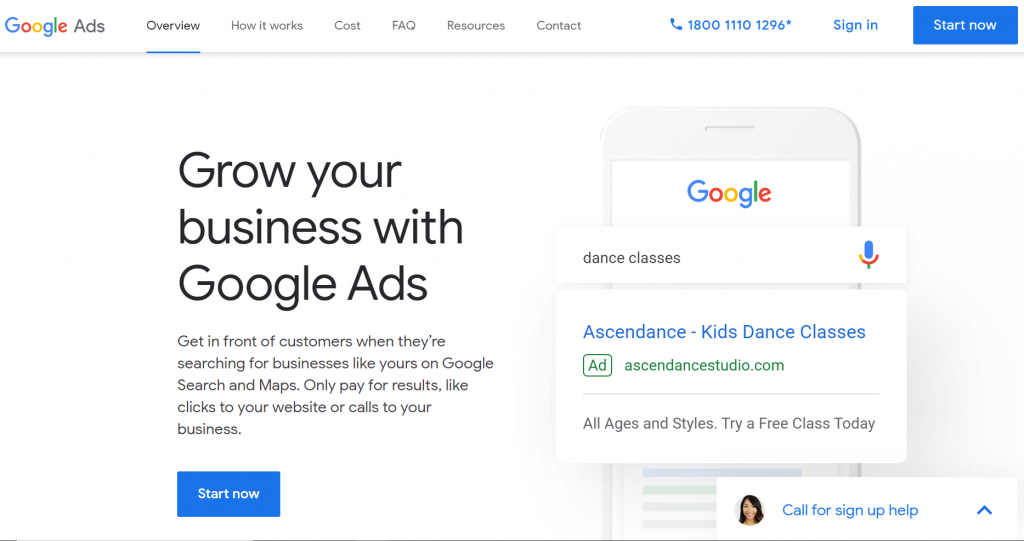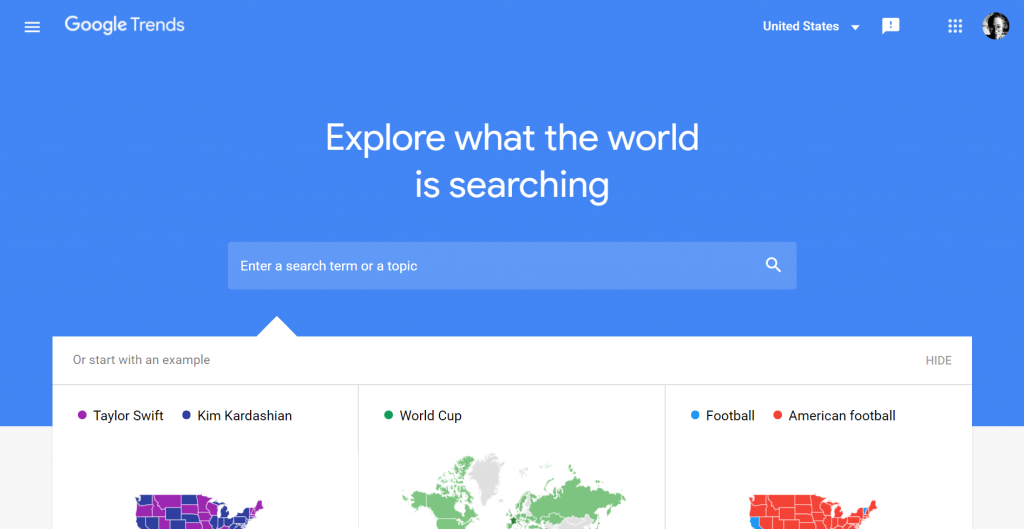The holiday season isn’t just approaching — it’s here. If you haven’t started planning out your marketing strategies for Q4, it’s time to get going!
With the mad crush by marketers and advertisers to make the most of these prime shopping months, it can be hard to stand out. No single solution will make all of your sales dreams come true. But you can use these five marketing strategies to get your products in front of the right people and maximize your conversions.
1. Launch a shopping campaign in Google Ads
If you’re selling a physical product but you haven’t done a Google Shopping campaign yet, the holiday season is the time to start. Google Shopping traffic grew 43% in Q4 2017 and made up a huge 63% of Google search ad clicks in Q4 2018.
Google Shopping ads are paid per click, so you’ll only have to pay when users click through to your website. And like all Google ads, you can end your campaign whenever you choose if it starts to get expensive.
To make these ads work for your product, you’ll have to keep your pricing competitive. The product layout makes price comparisons incredibly simple. Also, make sure you use unique images. Relying on the manufacturer’s images could let your product get lost in the crowd.
2. Do your keyword research
“But I did keyword research on this product when it launched three years ago!”
Exactly. It was three years ago. Search terms and trends change over time, even if the product hasn’t. If you rely on outdated keywords, you may not be connecting with customers the way you used to.
Use Google Trends to check your keywords and find new ones that are on the way up.
3. Use a content approach
A content marketing strategy is something that should be a priority year ‘round. But during the holidays, you can use season-specific content marketing to continue driving traffic to your site. How this will look will vary depending on your product, but here are a few options:
- Create a gift guide
- Tips for throwing a great holiday party
- Holiday cocktail recipes
- Best apps to download during the season
- Tips for staying organized during this hectic time
Also, reach out to bloggers and influencers about their holiday content. If you can get one of your products included in a big-time blogger’s 2019 gift guide, it could bring you big sales.
4. Express gratitude and give back
‘Tis the season of giving. But it’s also the season of tight finances as people travel and buy gifts for their friends and loved ones. If they can buy gifts and give back all at once, that’s a big win.
So adding a charity component to your holiday season could be a great strategy. You could donate a portion of your proceeds from the sales of a specific item, or you could donate some of the revenue from Black Friday or Cyber Monday. Create a branded hashtag around your giveaway and use it leading up to the event to build buzz.
Before you decide on the recipient of your kindness, check them out on CharityWatch. Not all charities are created equal. Look for one that works for a cause you support, and make sure most of their funding goes to doing good, not to administration or marketing.
5. Retarget cart abandoners
The average cart abandonment rate across industries is about 76%. That’s ¾ of consumers who are starting the checkout process and not converting.
Why is this? Shoppers say their two main reasons for abandoning carts are 1) unexpected shipping or tax charges, and 2) no guest checkout option.
So to start, offer free (or discounted) shipping during the holidays to try to reduce your abandonment rate. And if you require a login for customers to check out, strongly consider adding a guest checkout option. Yes, it makes it harder to reconnect with those customers in the future. But you’ll still get today’s sale, instead of losing them to a competitor.
But some will still abandon their carts. So make sure you’re retargeting them! Retargeted customers have a 70% higher likelihood of converting. After a little looking around, they may find that even with your shipping charge, they’re paying less than they would be elsewhere. Remind them that their cart is right where they left it.
Conclusion
The National Retail Federation says that November and December can account for up to 40% of a small business’s annual sales. So focusing on your marketing strategy during the holiday season can have a big impact on your entire year.
Also, keep in mind that there are 6 fewer days between Thanksgiving and Christmas this year than there were in 2018. That shorter window means that every day will count for more than ever. Get the most out of each one!




